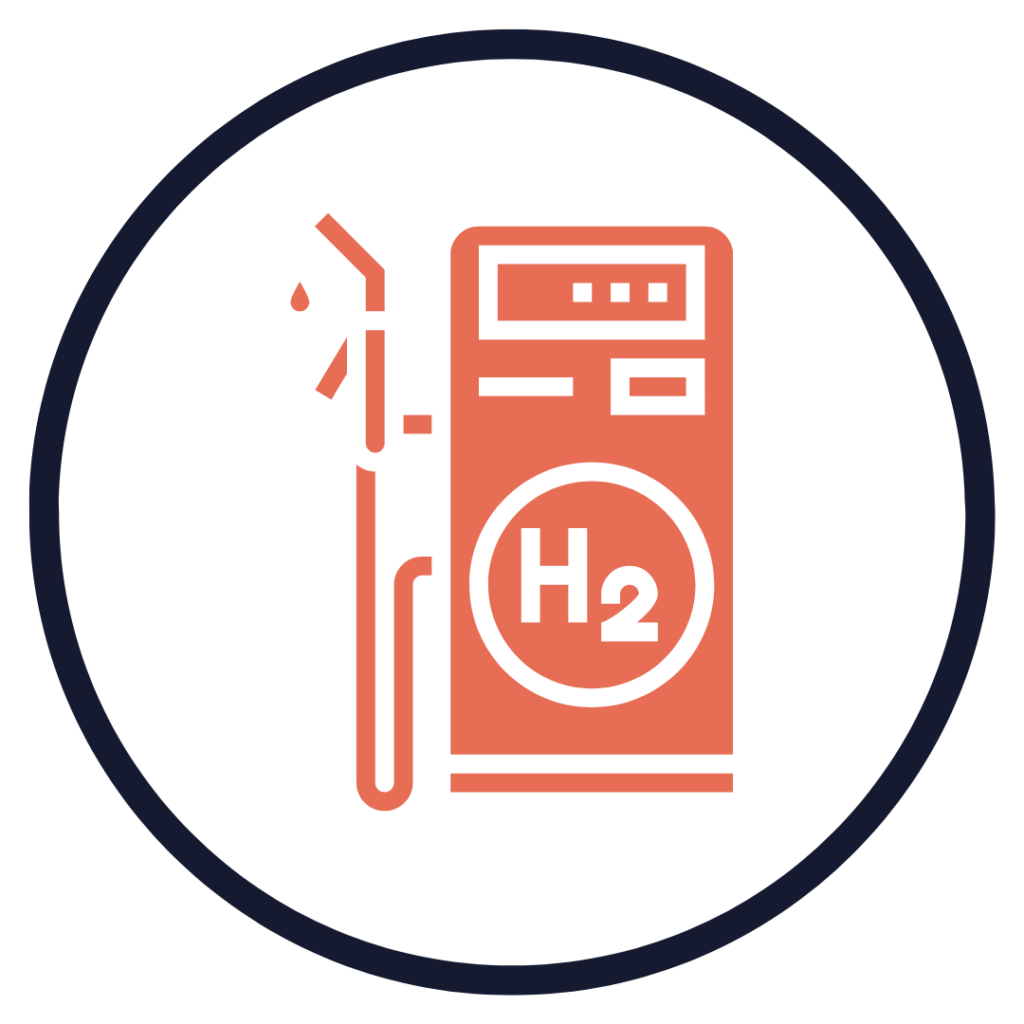Working Group Summary
Our working groups see experts collaborating in an exciting forum, to deliver the knowledge needed to drive our policy shaping activities.
As the custodians of our policy development work, they bring together diverse industry perspectives to build consensus and drive our engagement with Government.
HEA members have the chance to participate in and contribute to these specialist groups, which cover everything from hydrogen for transport, through hydrogen storage to green and blue hydrogen production and planning for hydrogen projects.
They are a great way to network, and meet other members with shared interests.

Low Carbon Hydrogen Production (LCHP) Working Group
Chair: Frédéric Séné, Commercial Director, Green H2 and NH3 Facility, Air Products
This group works to ensure all aspects of sustainable, low carbon hydrogen are accounted for in the UK’s strategy for decarbonisation, this includes electrolytic, green ammonia, nuclear-enabled hydrogen and future developing pathways. It establishes responses to Government consultations and provides recommendations regarding green hydrogen production and related supply chains. It also influences Government for legislative and policy changes that aid the development of low carbon hydrogen, and works with groups such as BHA, REA and RenewableUK.

Derivatives Working Group
Chair: Stephen Livermore, Development Manager, Green Cat Hydrogen
This group is interested in tackling key policy issues of hydrogen derivatives, where hydrogen is used as a feedstock for other fuels or chemicals (e.g. ammonia, e-methanol, SAF). The group will assess the policy landscape, market developments and scale, funding opportunities, technical and logistical challenges, and environmental challenges. This group also acts as a learning space for members that are not directly in the derivatives market with presentations and Q&A sessions on different derivatives.

Planning for Hydrogen Projects Working Group
Chair: Patrick Robinson, Consultant / Partner, Burges Salmon
This group shares know-how on successfully obtaining permission for new development involving hydrogen, where permission needs to be obtained from the local planning authority or Secretary of State under the Town and Country Planning Act 1990 or the Planning Act 2008 or their equivalents in Scotland, Wales or Northern Ireland. The emphasis is on practical support in the planning process.

Hydrogen Transport and Storage Working Group
This group is developing a high-level position on how hydrogen transport and storage in the UK should develop to support the wider role of hydrogen for Net Zero. This includes specific policy requests for hydrogen transport and distribution, with a clear explanation for how these will accelerate deployment in the UK. The group aims to produce a timeline for the roll-out of storage and distribution to align with overall Net Zero ambitions, the role for hydrogen in energy security and wider developments.

Hydrogen Powered Transport Working Group
Chair: Amanda Lyne, Managing Director, ULEMCo
The group’s initial aim is to develop a position on how demand for hydrogen in transport will evolve in the next five to 10 years. It is developing a high-level position on how hydrogen fuelled transport will develop in the UK across the range of modes, including specific policy recommendations, with a clear explanation for how these will accelerate deployment. It is also producing a timeline for growth to reflect hydrogen fuelled transport’s role in delivering Net Zero and as an off-taker for hydrogen supply development to 2030 and beyond.

Hydrogen Refuelling Infrastructure Working Group
Chair: Lee Juby, CEO, Fuel Cell Systems
This group is developing a position on standardisation across hydrogen refuelling in the UK. This will build on and reflect existing provisions and international developments and will include recommendations for future provision. It is also developing a position on supply chain gaps and opportunities across hydrogen refuelling infrastructure. Group members share knowledge and experience of the practical implementation of hydrogen refuelling infrastructure for mutual benefit.

Comms Working Group
The group’s objective is to maximise the HEA’s impact and reach, as the UK’s leading national hydrogen trade group, including by capturing the expertise and insights of the HEA’s technical working groups and refining the Association’s strategic messaging. The scope of work also feeds into the execution of media and public affairs. The group’s first priority areas are the promotion of Industrial and Transport use opportunities for hydrogen and myth-bust acceptance barriers in these areas, including availability, cost and safety. The group aims to meet approximately quarterly on a project-by-project basis.